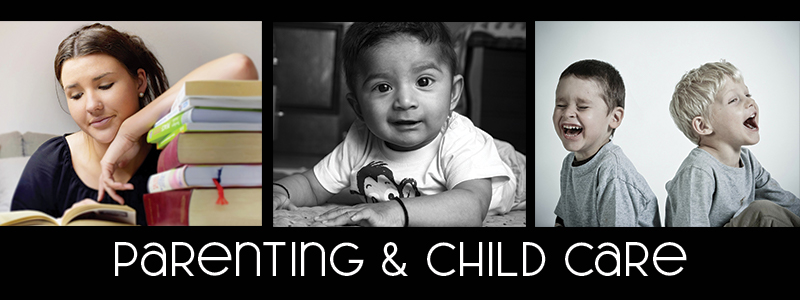Parenting and Child Care

Extension is a source of well-researched, quality information about families and relationships.
In Outagamie County visit the Department of Health and Human Services for local resources.
STAFF

Katie Gellings
Human Development and Relationships Educator
920-832-5126 | Wisconsin Relay: 711




